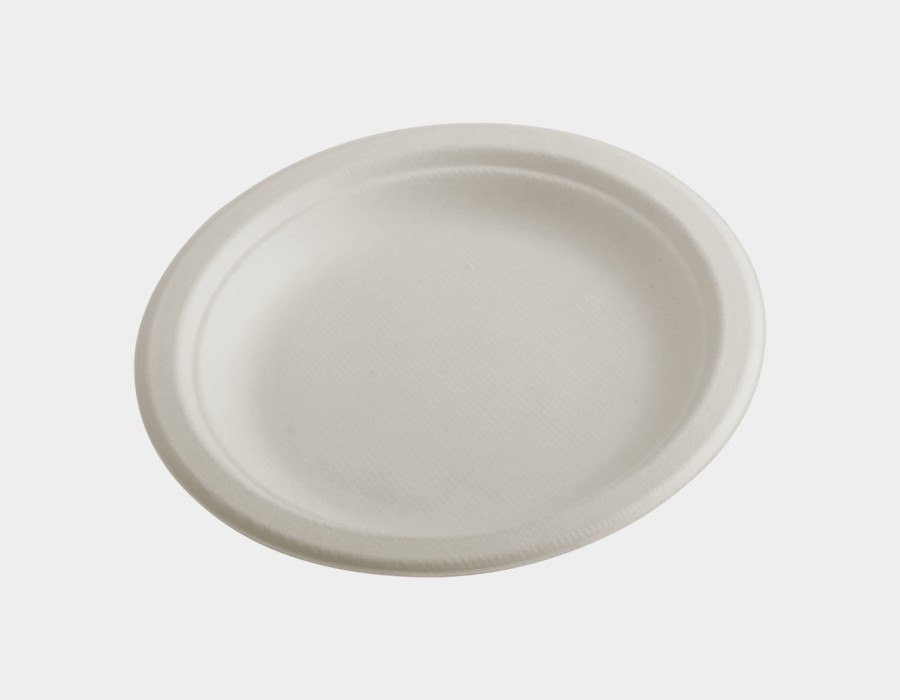Introduction
The hospitality industry in the USA is experiencing a paradigm shift toward sustainability, driven by growing consumer demand for eco-friendly practices. Compostable plates have emerged as an essential component of this movement, offering a sustainable alternative to single-use plastic and traditional tableware. Transitioning to compostable plates not only enhances your environmental commitment but also aligns your brand with the values of eco-conscious guests.
Evaluating Your Current Tableware Inventory
Before making the switch, it’s critical to assess your existing tableware. Take stock of materials, usage patterns, and disposal methods. This will help identify areas where compostable plates can be effectively integrated. For instance, compostable plates may be particularly suitable for outdoor dining, catering events, or takeout services. Understanding these use cases will streamline the transition and maximize impact.
Partnering with Reliable Compostable Plate Suppliers
Selecting the right suppliers is a cornerstone of a successful transition. Look for USA-based suppliers who offer high-quality, certified compostable plates that meet industry standards. Certifications such as ASTM D6400 and BPI (Biodegradable Products Institute) ensure the plates are truly compostable and safe for the environment. Building strong partnerships with suppliers will ensure a consistent supply of durable and stylish tableware for your guests.
Training Your Staff on Sustainable Practices
The shift to compostable plates requires staff education. Train your team on the environmental benefits of compostable tableware and proper disposal methods. Encourage them to communicate the hotel’s sustainability efforts to guests, creating a cohesive message that resonates with eco-conscious diners. Engaging staff in the process fosters enthusiasm and ensures a smooth transition.
Enhancing Waste Management Systems
Transitioning to compostable plates is incomplete without an efficient waste management system. Hotels and restaurants in the USA should consider setting up designated compost bins and collaborating with local composting facilities. Clear labeling and guest education about compostable waste disposal can significantly reduce contamination and promote proper recycling.
Marketing Sustainability to Attract Guests
Promoting your commitment to using compostable plates can set your business apart in the competitive hospitality landscape. Highlight your transition on your website, social media, and marketing materials. Use keywords like "eco-friendly dining" and "sustainable hospitality" to target environmentally conscious audiences. For USA guests, emphasizing your local sourcing and alignment with national sustainability goals can enhance your brand reputation.
Regularly Assessing and Improving Your Efforts
Sustainability is a continuous journey. Periodically evaluate the effectiveness of your transition to compostable plates, gather feedback from guests, and identify areas for improvement. By staying informed about the latest trends and innovations in compostable tableware, your hotel or restaurant can remain a leader in sustainable hospitality.
Transitioning to compostable plates is not just a step toward reducing waste—it’s an investment in your brand’s future. By adopting this roadmap, USA-based hotels and restaurants can not only meet guest expectations but also contribute meaningfully to environmental conservation efforts.





Comments